
Discover how Harvard built transformative web-based application software for Model UN conferences, improving the user experience for participants worldwide.
The Harvard International Relations Council (HIRC) is one of the oldest, most prestigious, and largest student-run organizations at Harvard University. Established in 1953, the HIRC organizes Model United Nations (MUN) conferences globally in Latin America, China, India, and Dubai. At these events, students simulate United Nations (UN) committees to foster leadership, diplomacy, and critical thinking skills.
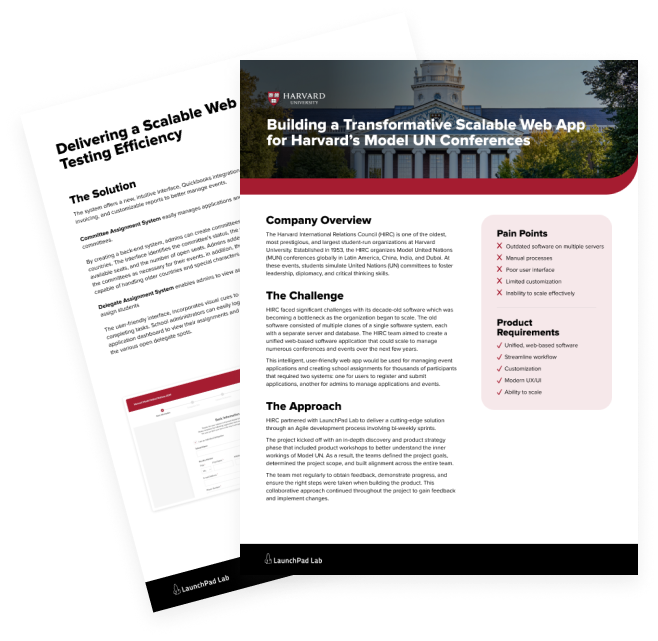
The Challenge
The HIRC faced significant challenges with its decade-old software which was becoming a bottleneck as the organization began to scale.
The old software consisted of multiple clones of a single software system, each with a separate server and database. The HIRC team aimed to create a unified web-based software application that could scale to manage numerous conferences and events over the next few years.
This intelligent, user-friendly web app would be used for managing event applications and creating school assignments for thousands of participants that required two systems:
The application also had to handle complex matching systems. For every conference, the administrators assigned countries to the Model UN and then created committees, including the number of seats each country had within a committee. Registered schools were assigned a country to match their delegation size.
The high-level project requirements included:
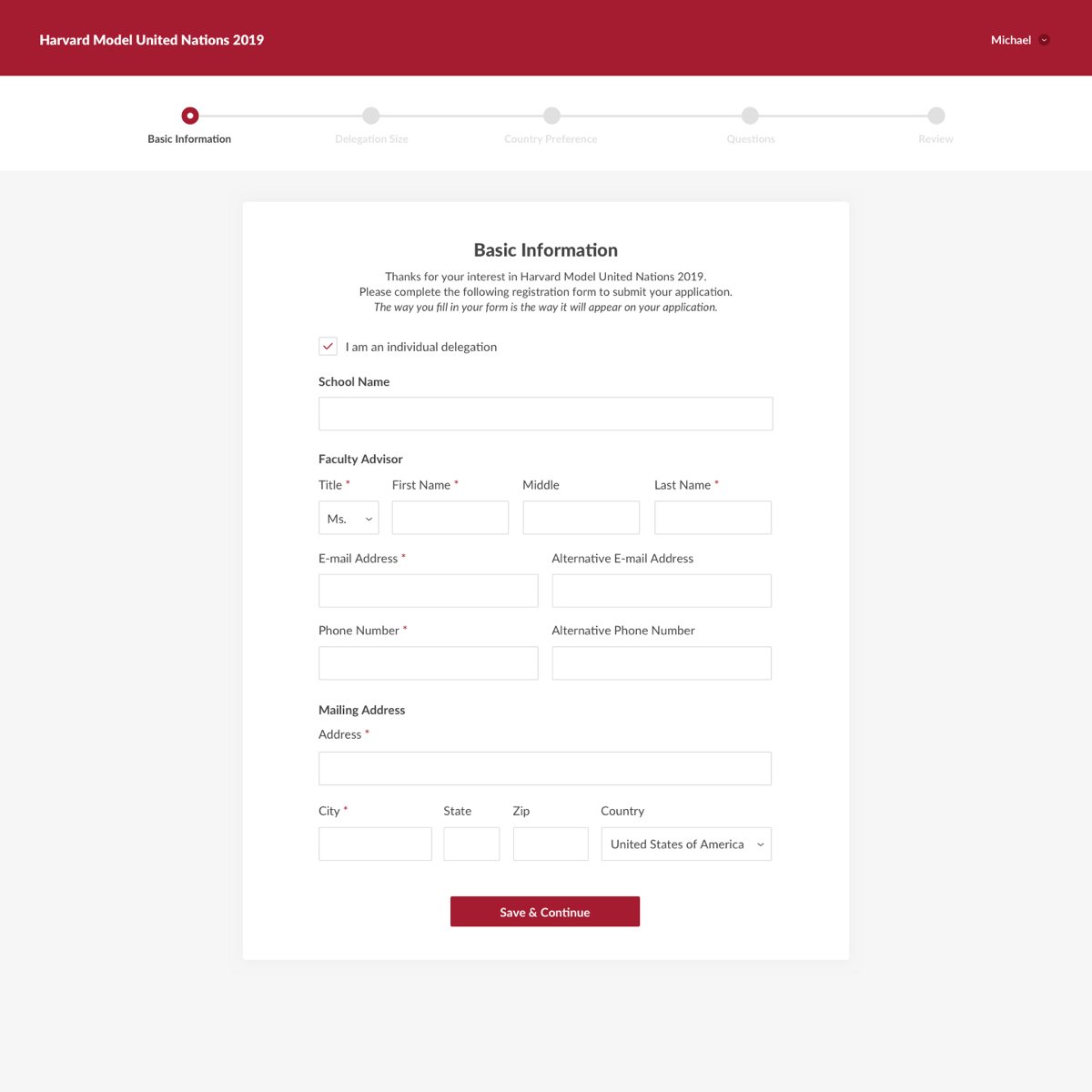
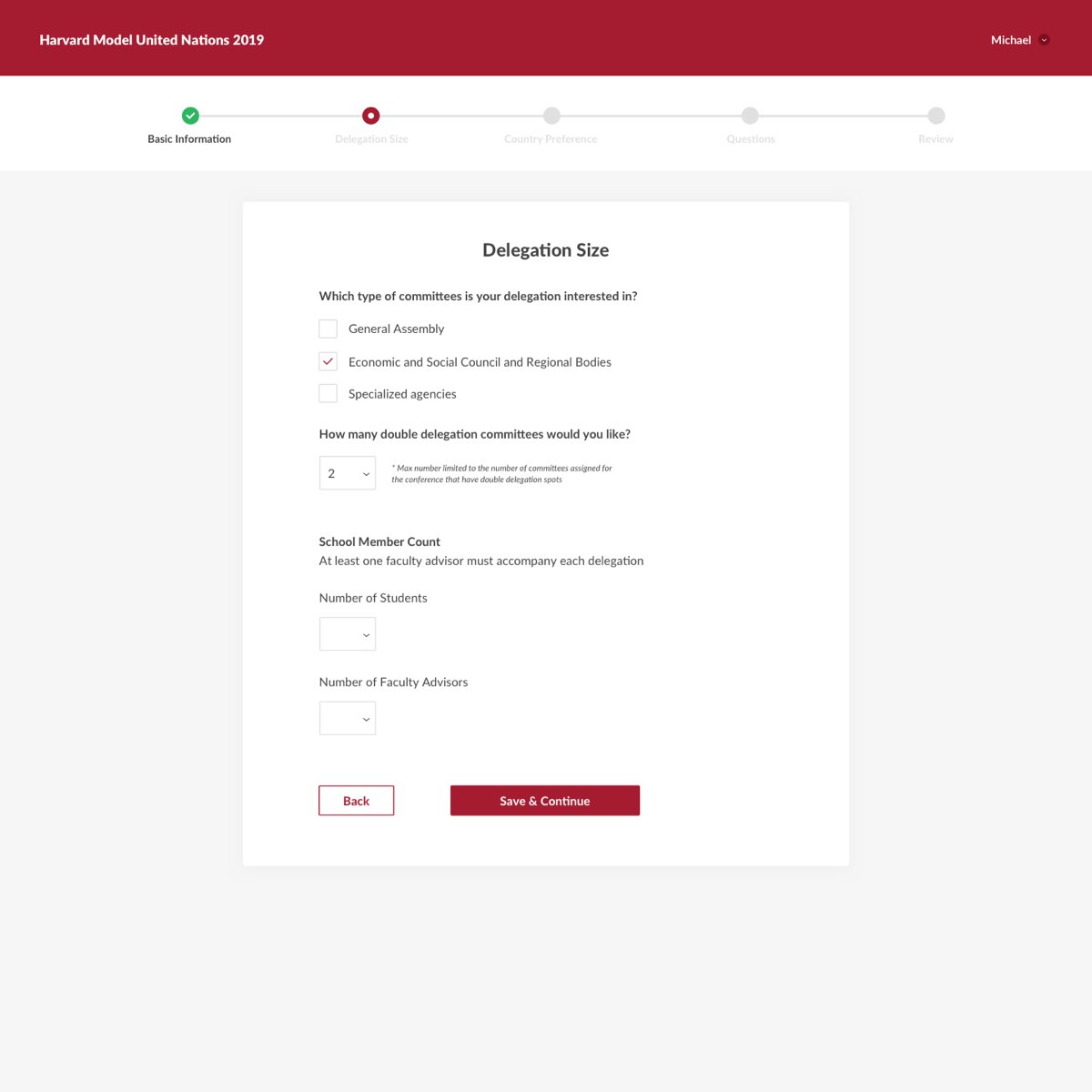
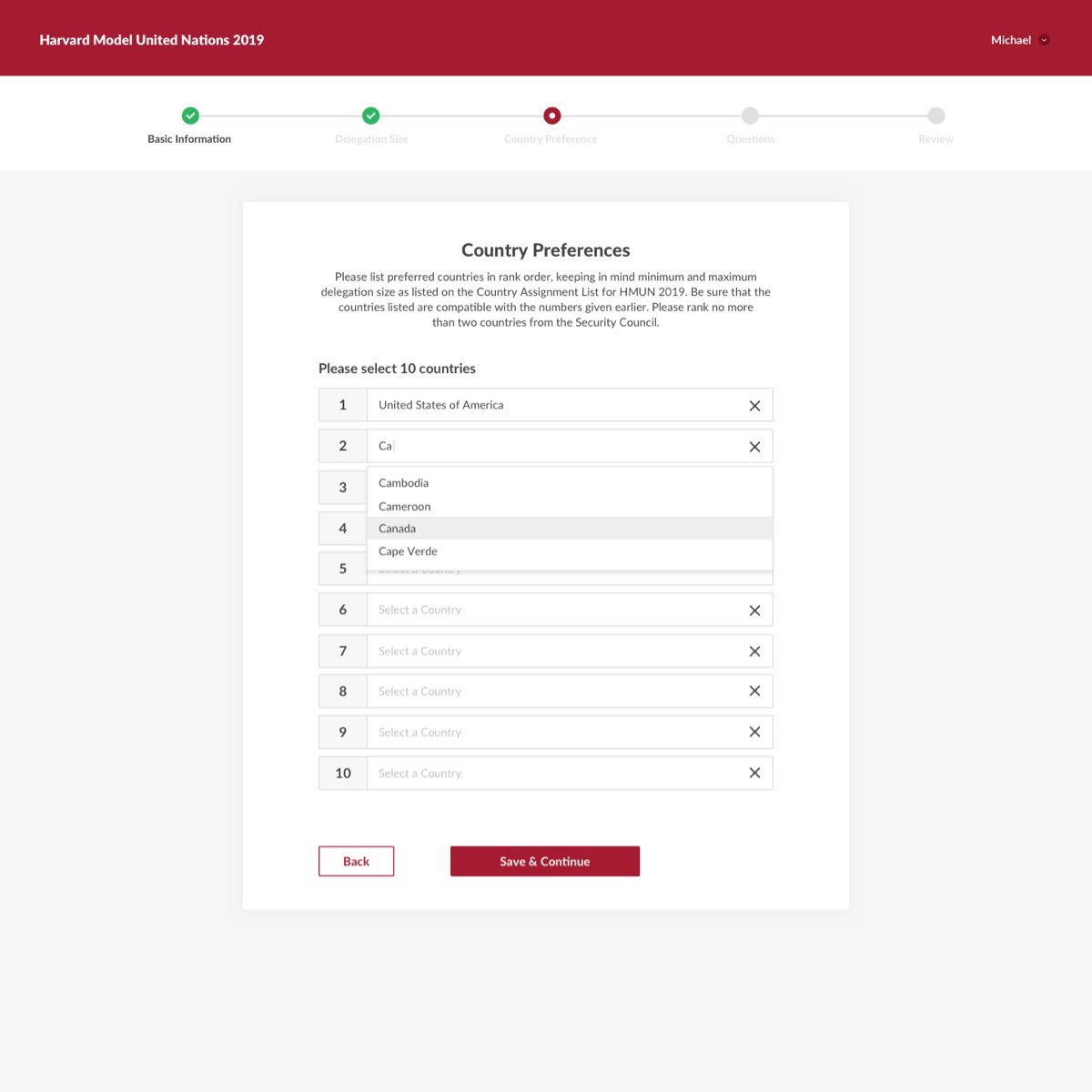
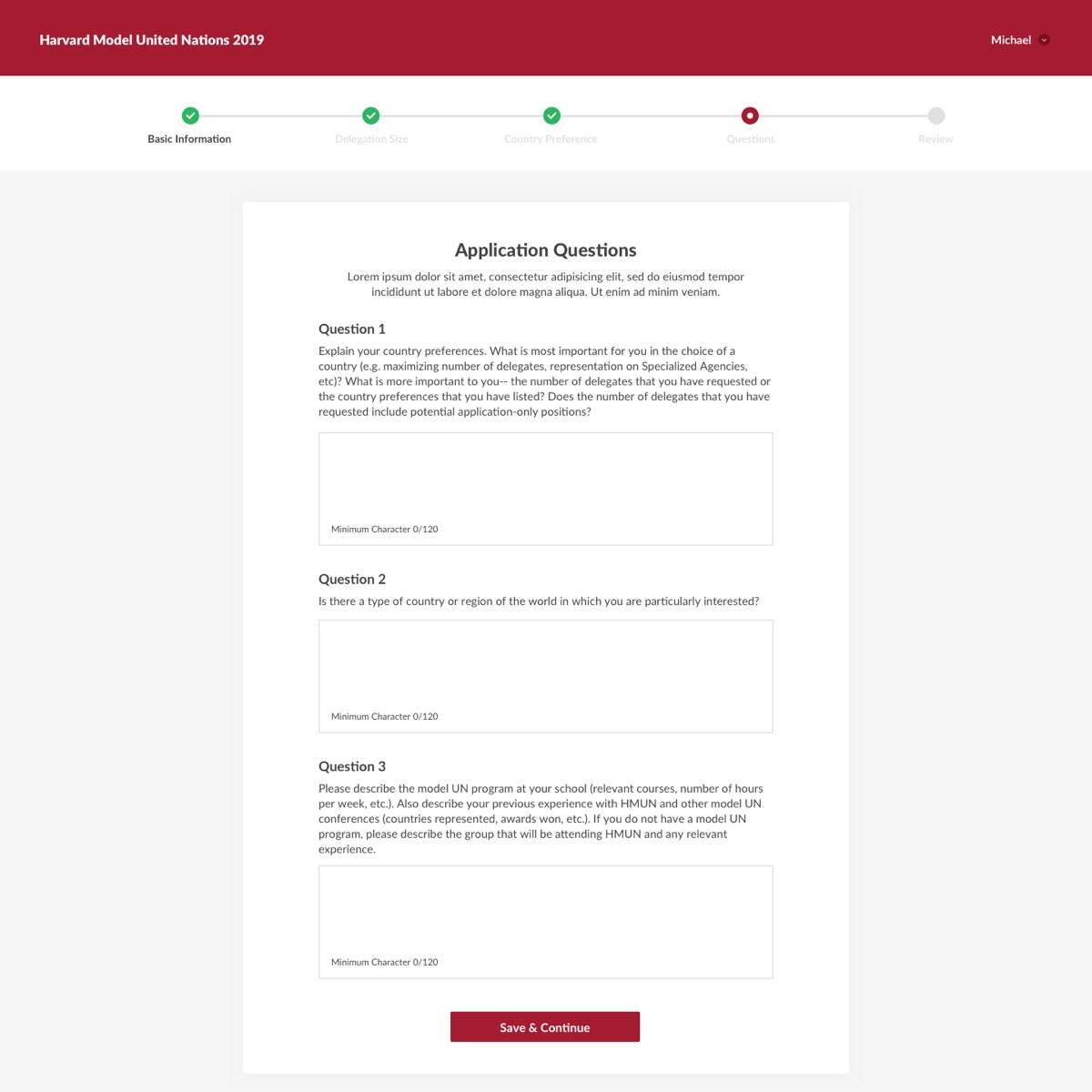
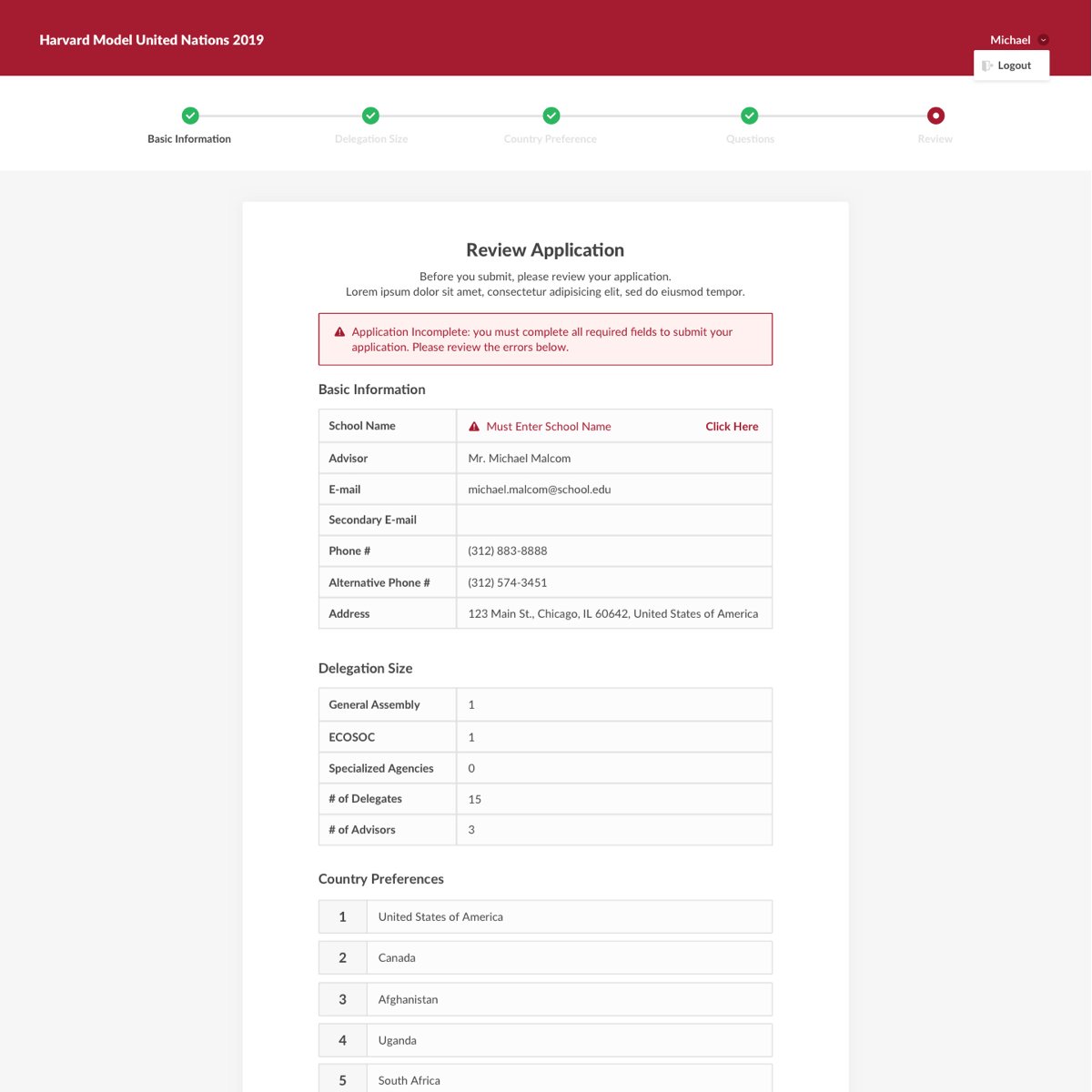
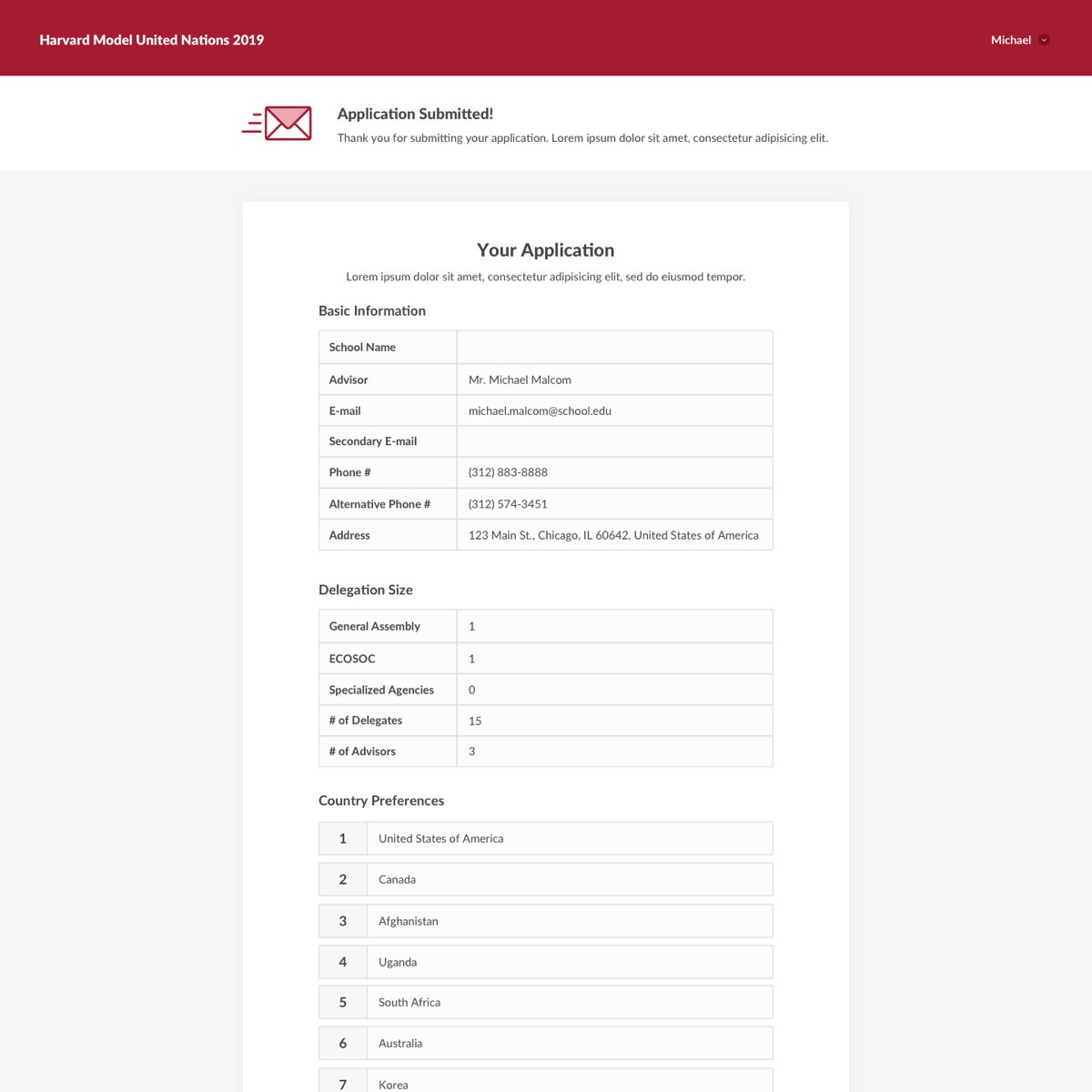
The Approach
HIRC partnered with LaunchPad Lab to deliver a cutting-edge solution through an Agile development process involving bi-weekly sprints.
The project kicked off with an in-depth discovery and product strategy phase that included product workshops to better understand the inner workings of Model UN. As a result, the teams defined the project goals, determined the project scope, and built alignment across the entire team.
The team met regularly to obtain feedback, demonstrate progress, and ensure the right steps were taken when building the product. This collaborative approach continued throughout the project to gain feedback and implement changes.
The Solution
LaunchPad Lab developed a unified web application for HIRC, built on Ruby on Rails and Ember.js, hosted on AWS. The application’s key features include:
When applicants register, they can ask to be assigned to a specific country. The HIRC team considers these requests but ultimately assigns them based on the school size and the delegation.
By creating a backend system, admins can create committees and assign countries. The interface identifies the committee’s status, the number of available seats, and the number of open seats. Admins can add countries to the committees as necessary for their events. In addition, the system is capable of handling older countries and special characters.
Once a school is assigned committees and countries, they can log in and manage their delegation. The school administrator would then assign delegates to the open spots.
The user-friendly interface, incorporates visual cues to guide users in completing tasks. School administrators can easily log into their application dashboard to view their assignments and assign students to the various open delegate spots.
The HIRC team uses Quickbooks Online (QBO) to invoice and accept payments from applicants. QBO is less intuitive than other accounting tools, making invoicing and customer management more difficult.
HIRC needed a system to handle different types of invoicing for the various conferences. For example, Harvard Model UN requires a registration fee when an application is submitted and then a student and advisor fee once the application is accepted. Harvard National Model UN only requires a registration fee if the application is accepted, while National Model UN China does not.
The LaunchPad Lab team designed a simple solution to integrate with QBO, create invoices, send them to users, and display invoice notifications in their dashboards.
The web app enabled the HIRC to manage applicants and assignments easily. However, since their conferences were real events, they needed reporting and exports to help facilitate them.
The team created four primary types of reports:
Each report was exported as a CSV file and emailed to the requester. These reports help sign in attendees, print badges, and manage the event.
The Results
The new web app and automated processes have transformed the way the HIRC team manages events and applications, saving many hours of work in managing each conference, resulting in:
Partner with us to develop technology to grow your business.